The Rockets with the most lucrative chips in the league are the Soha KD& letters? Who is the chip and who is the non-selling product?
8:32pm, 12 May 2025Basketball
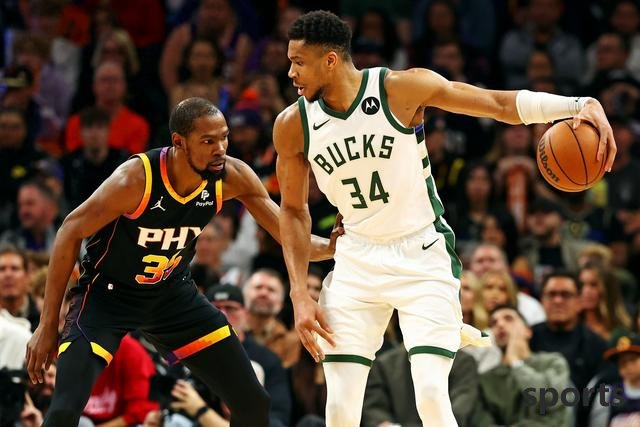
Translator's note: This article was originally published from "Open-Air Stand", and the author is Eric Pincus. The data in the article are as of the original text as of May 5th local time (local time). The views in the article have nothing to do with the translator and the platform.
The Houston Rockets should show enough ambitions. The team's upward trajectory is amazing - from 22 wins in the 2022-23 season, to 41 wins last season, to winning 51 wins this season and ranking second-seeded seat in the West.
In the first round of the playoffs of this season, the series confrontation with the Golden State Warriors led by Jimmy Butler provides the Rockets with precious practical experience regardless of the final victory or defeat. But the management clearly realized that if we want to go further in the fiercely competitive Western Conference and even launch a rush to the championship, the team must continue to improve its strength on the existing basis, and introducing superstars is undoubtedly the most direct and effective way.
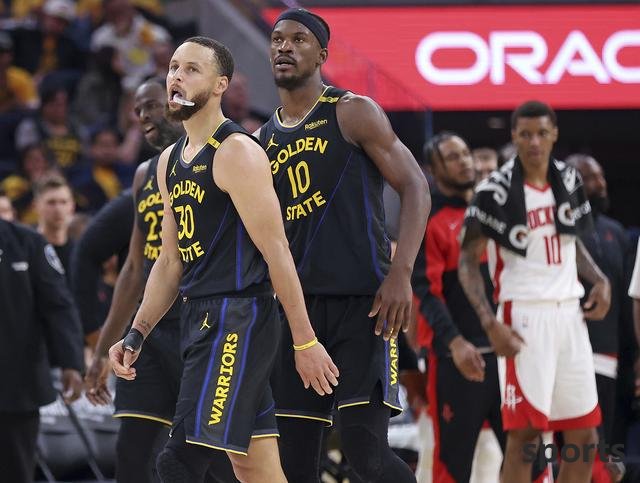
Luckily, the Rockets have plenty of "trading ammunition" in their hands to chase the next superstar. From a financial perspective, the team has flexible salary space operation room; in terms of draft resources, it has accumulated multiple future first-round picks and second-round picks; coupled with a group of young players with training potential and immediate combat veterans in the team - these comprehensive advantages allow few teams in the league to provide such a rich chip combination in trading negotiations like the Rockets.
Recalling past trading trends, the Rockets had expectations for Donovan Mitchell of the Cleveland Cavaliers, hoping that he could reject the Cavaliers' contract renewal offer and enter the trading market. For Miami Heat's Jimmy Butler, despite his attractive field leadership and key ball skills, the team finally maintained a cautious attitude in the pursuit, considering his age at 35 and frequent injuries in recent years.
However, there is a new opportunity in today's trading market - top stars like Giannis Antetokounmpo may enter the transfer market. With the team's upward momentum, sufficient trading chips and reasonable lineup structure that the team has shown in recent years, the Rockets are fully qualified to occupy the forefront of this superstar battle, and may even become the first choice for some stars.
1. Why do superstars choose the Rockets?
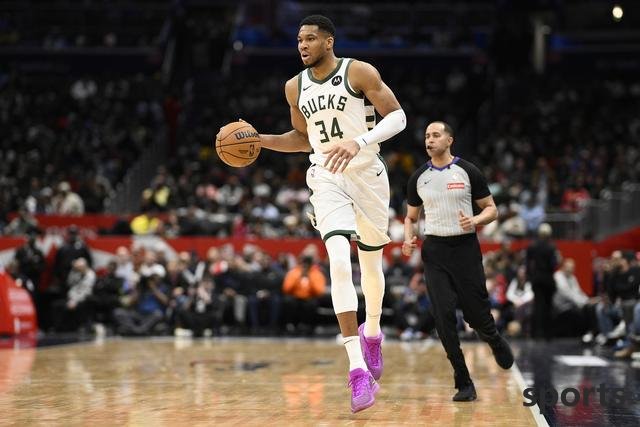
In the NBA trading rules, although the team has the final decision-making power to reach a deal, top stars often have strong voice when choosing to join the team. Especially when their contract is about to enter the expiration stage, this voice will be further enhanced - they can actively exclude teams that do not meet their career plans by clearly expressing their personal intentions, thereby pushing the transactions to the direction they expect. The Houston Rockets should appear on the "ideal short list" of most stars.
Texas' policy of not levied state income tax is indeed a favorable factor in attracting stars (as Florida, where the Miami Heat is located, also has this advantage). But what really makes the Rockets competitive is the team's potential to win the championship. Under the tactical system of head coach Uduka, the team has built a lineup framework that is both offensive and defensive. The 51-win record last season and the second-place ranking in the West are enough to prove that they are in a critical stage of leap from a playoff contender to a strong championship contender. For superstars who are determined to win the championship, joining such a team that is in a rising period and has a mature championship structure is undoubtedly an attractive choice.
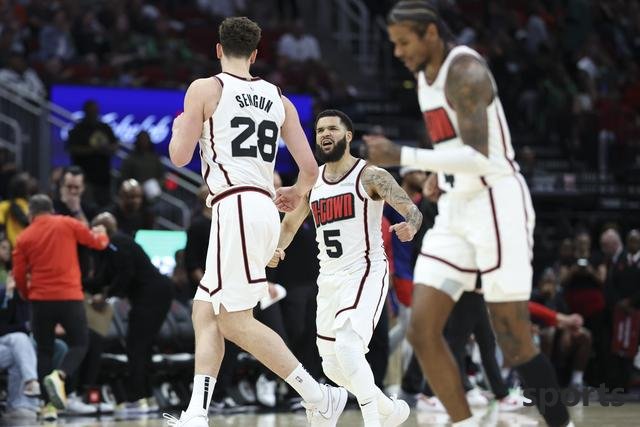
The Rockets still have enough chips to bring in a superstar without trading Shin Kyung, Amen Thompson, Tari Ethan or Jaylen Green. Teams can choose to trade Green, but this is not a necessary condition for introducing a core player to build a team.
In addition, the Rockets have the ability to retain key veterans like Van Vreett, Dillon Brooks and Steven Adams. Pay space restrictions will affect some decisions, but the team still has the flexibility to operate. The Rockets don't need to significantly weaken the team's roster in order to bring in a star.
2. What draft picks can the Rockets provide?
Before exploring which players need to be sent out, the Rockets' draft pick reserve is enough to give them the initiative in trade negotiations. Normally, when a team loses its star, it often falls into a long reconstruction cycle, and draft picks become the core asset in the reconstruction process. The Dallas Mavericks were a notable exception, sending Luca Doncic away and almost only getting veteran inside Anthony Davis. But besides these special circumstances, Houston can put out a large number of draft picks to complete a big deal. The deal may reach an agreement before the June draft, but it will take until July, when the salary system (and its various hard salary cap restrictions) will be readjusted for the 2025-2026 season before it is officially announced.
The Rockets can operate the draft picks include:
• The 9th pick in the first round of 2024 (the lottery draw is to be determined)
• The 59th pick in the second round of 2024
• 2028, 2030, 2032
• 2027, 2029, 2031
• The first round of the Suns in 2027
• 2029 Mavericks/Suns in the first round of 2029 (the one with the higher pick)
• 7-9 future second round picks
This does not mean that the Rockets will spend all the draft capital, but their negotiation advantages are already very significant.
III. Which players do the Rockets need to send away?
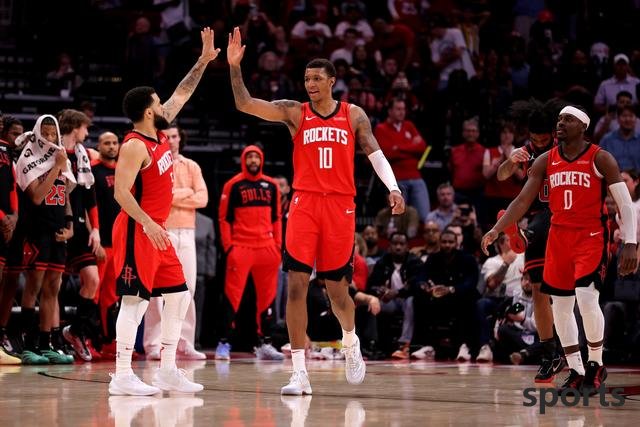
Assuming the Rockets' goal is to introduce a superstar who earns an estimated maximum salary in the 2025-2026 season (an estimated salary of $54.1 million for players with at least 10 years of NBA experience), they must give at least $43.1 million in player salary to complete the balance according to the league's salary matching rules. If this plan is chosen, the team will trigger the first tyrant line (expected to be US$195.9 million), which will impose certain restrictions on subsequent lineup strengthening.
To avoid this, the Rockets are more likely to choose to give out at least $54.1 million in salary, thus applying to the higher second tyrant line (estimated to $207.8 million). While this means giving out an extra $11 million in salary, it can retain more roster flexibility for the team and avoid losing important role players due to hard salary cap restrictions.
Potential trading chips include:
• Jabarry Smith Jr. ($12.4 million)
• Reed Shepard ($10.6 million)
• Jock Landdale ($8 million)
• Aaron Holiday ($4.9 million)
• Cam Whitmore ($3.5 million)
• Nate Williams ($2.3 million)
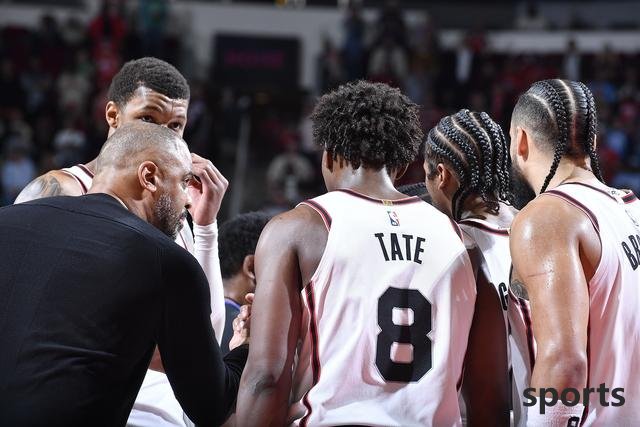
The above players have a total salary of $41.7 million, not yet reaching the required $54.1 million. To this end, the Rockets may need to include free agents Jeff Green and Jay Sean Tate in the trading plan by signing first and then changing. However, the teams receiving these two players will be limited by the first tyrant line, so a third-party team may need to be introduced to complete a complex salary balance, which increases the difficulty and complexity of the trading operation.
In more complex player stay decisions, Van Vreett ($44.9 million in team options), Jaylen Green ($33.3 million) and Dillon Brooks ($22.1 million) are particularly critical. Given Van Vreet's 31-year-old age and the generally tight cap space for teams across the league, the Rockets are most likely to opt out of executing his contract option and then sign him with a multi-year contract at a lower salary. Given that few teams have a lot of cap space this offseason, it’s hard for him to get a offer that exceeds the full middle class special (about $14.1 million) in other teams. The two sides may reach a compromise around $20 million.
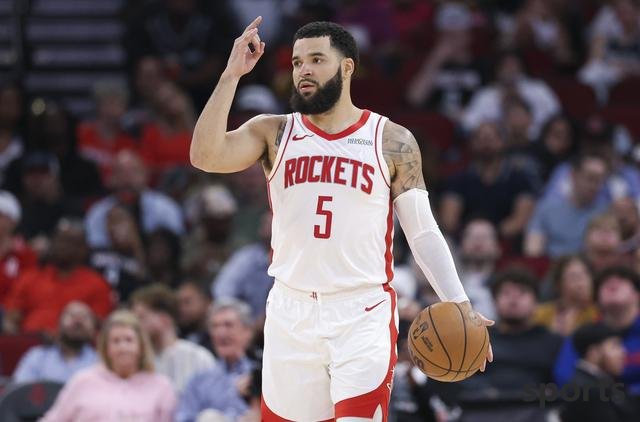
Dillon Brooks is known for his tough defense and outside shooting ability, which is fully in line with the "iron-blooded defense" team culture created by the Rockets in recent years. Jaylen Green's situation is even more complicated: although he scored 38 points in a single game against the Warriors, showing the potential of a top scorer, the overall stability of his performance still needs to be improved, and he averaged only 8.8 points per game in the other four games. However, Green is just 23 years old and may attract several teams that are looking for a young and exciting star. His salary is not low, but it is not outrageous, and he can choose to jump out of his contract before the 2027-2028 season.
If Jaylen Green is one of the main trading chips, paired with Shepard, Landale and Holiday, the total salary of these four players (3330+1060+800+490=56.8 million US dollars) is enough to match the superstar's maximum salary needs. The Rockets can selectively join Smith, Whitmore and other players based on actual negotiations to further optimize the trading plan, and Green's contract undoubtedly plays a key salary balance role in it.
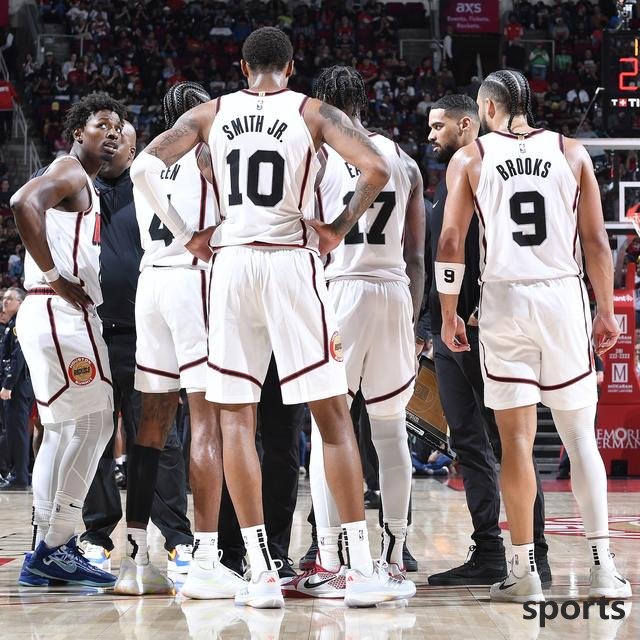
IV. What are the target players?
The Rockets clearly realize that in the NBA trading market, unilateral intention cannot facilitate transactions, but also requires the active cooperation of the target players and the trading intention of the parent team. But they also understand that the high-quality assets in their hands are timely and must seize the current window period to actively operate.
At present, the most eye-catching target is Antetokounmpo. His Milwaukee Bucks were eliminated by the Indiana Pacers in the playoffs, and the problems of aging team's roster and limited salary space were exposed again. In particular, Damian Lillard is expected to miss the entire 2025-2026 season due to a torn Achilles tendon, casting a shadow on the Bucks' prospects for championship next season. Although the Bucks management may still hope to rebuild around Antetokounmpo, if Antetokounmpo himself loses confidence in the team's future and actively seeks a deal, the Rockets have a chance to become his first choice with the overlap of lineup adaptability and the championship window period.
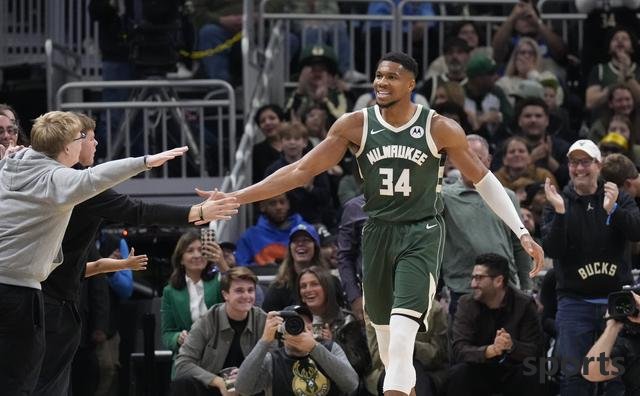
Kevin Durant is another realistic target option. The Phoenix Suns' lineup has never been expected in recent years, and frequent injuries and tactical running-in problems have led to fluctuations in the record. Although Durant's competitive form remains at the top, how long does his peak period remain at the age of 36 has become a question. The Rockets need to weigh: Are you willing to pay a lot of draft picks and young players for a player who may have only 2-3 years left in his prime? Will his joining immediately increase the team's chances of winning the championship, or will it lead to an imbalance in the future lineup?
In contrast, the Suns' Devin Booker may be the longer-term choice. As a defender with top scoring ability, Booker is more compatible with the Rockets' existing lineup and is in the prime of his career. Although there are no signs of the Suns trading Booker, the Rockets can provide Booker with a generous offer to get out of their existing difficulties and join the championship team.
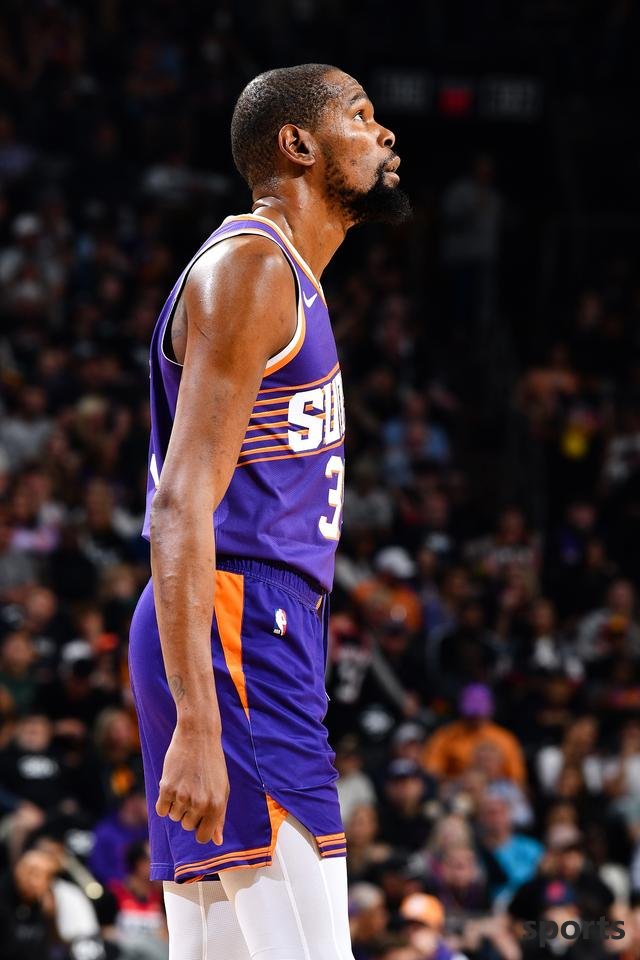
Of course, there are "dream goals" like Nikola Jokic. The Denver Nuggets' future is unclear after firing head coach Mike Malone and general manager Calvin Booth. If Jokic has doubts about the team's prospects for the championship, refuses to renew the contract and seeks a deal, the Rockets will undoubtedly pursue it with all their might. But this possibility remains more at the theoretical level and requires major changes within the Nuggets. For stars such as Trae Young, Lamelo Ball, although they have All-Star skills, the Rockets' defense-centered tactical system has potential conflicts with their offensive playing style, so it may not be a priority target..
Overall, the Rockets' top priority in this offseason is to negotiate on two superstars who are most likely to enter the trading market.
Last:Has Westbrook seriously underestimated the value of the Nuggets with a basic salary?
Next:Duan Ran: The second brother ignited the plateau; the third brother was lost again!
Related Posts
- Killing crazy! Just now, the Bucks reached their 10th signing this summer
- The Rockets have 45 wins and are only in eighth place? US media predicts the top eight records in the Western Conference in the new season: the Warriors have 51 wins and are in the top three!
- TA expert: The Lakers may renew Hayes contract, with the contract price of about 10 million to 15 million in three years
- G2 Pacers 114-109 Knicks, Player rating: 2 players full marks, 4 players passed, 5 people slumped
- The most grassroots MVP in Europe! The Lakers abandoned the player and successfully won the championship!
- The Knicks upper limit is too low! Thibodeau needs an attacking assistant coach, and the four-rotation hidden dangers are obviously too easy to target!
- Taking the initiative to recruit new players, but refused to renew the Lakers contract. The goal of losing the draft was revealed, he wanted to replace James
- ESPN: James returns to Lakers and will train on Monday
- Full marks for the Rockets signings this summer! Durant made up for the hidden dangers within +2, and Okogie became a top 3D
